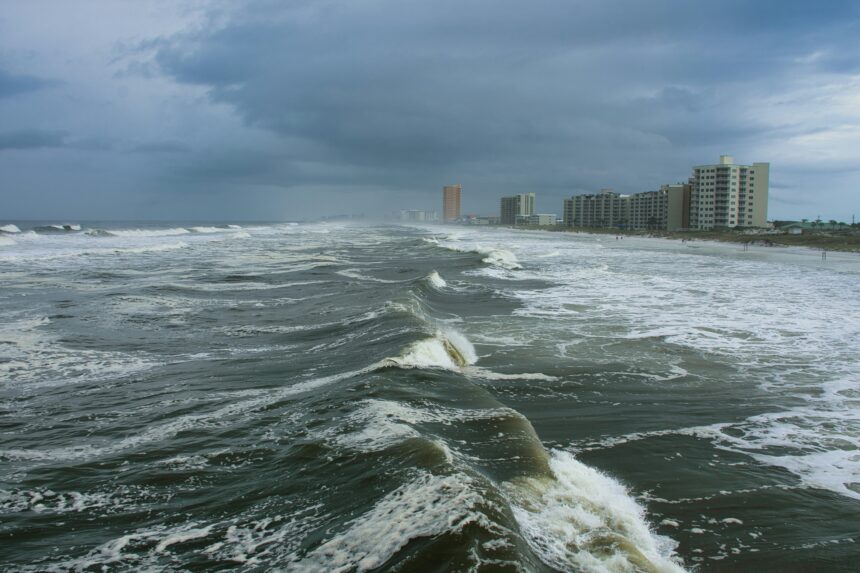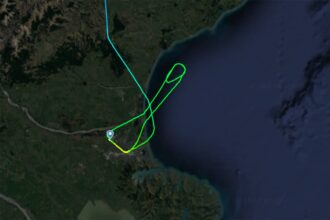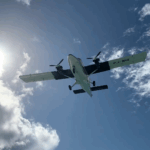The Atlantic hurricane season is expected to bring another round of major storms across the Americas, with forecasters predicting four major hurricanes and nine in total. The outlook is similar to last year, which was one of the most severe seasons on record.
Aviation specialists are once again preparing for evacuations and emergency transport, with charter company Chapman Freeborn among those getting ready to move passengers and aid workers in and out of storm-hit areas.
Hurricanes can quickly cut off access to communities, with flooding, storm surges and power outages leaving people stranded and critical supplies delayed. When roads and rail lines are blocked, aircraft are often the fastest way to reach affected areas.
Aniko Mersek, Senior Vice President of Sales for the Americas at Chapman Freeborn, said the company regularly works with governments, NGOs and private clients during natural disasters. “We might evacuate tourists from a Caribbean island or bring in search and rescue teams, engineers and medical staff immediately after a storm,” she said.
The firm often runs “dual-use” flights, carrying both passengers and essential supplies. Mersek said that having established relationships with organisations such as FEMA, corporate risk teams and private security providers helps cut through red tape during fast-moving situations.
During Hurricane Ian in 2022, the company arranged emergency passenger flights out of Florida for diplomats, executives and medical patients, sometimes just hours before airports shut down. Similar missions have been flown to disaster zones in Pakistan, Haiti, Nepal, South Sudan and the Democratic Republic of Congo.
For this year’s hurricane season, Chapman Freeborn says it has positioned aircraft and crews for rapid response, with new technology to map aircraft availability and track weather patterns in real time. Mersek said this allows operations teams to respond in minutes rather than hours.
The company has also focused on preparing its staff for the mental demands of rapid evacuations. “There is regular training and ongoing discussions to ensure teams are ready for the stress and intensity of the season,” Mersek said.
The Atlantic hurricane season officially runs from June to November, with peak activity typically in August and September.
















